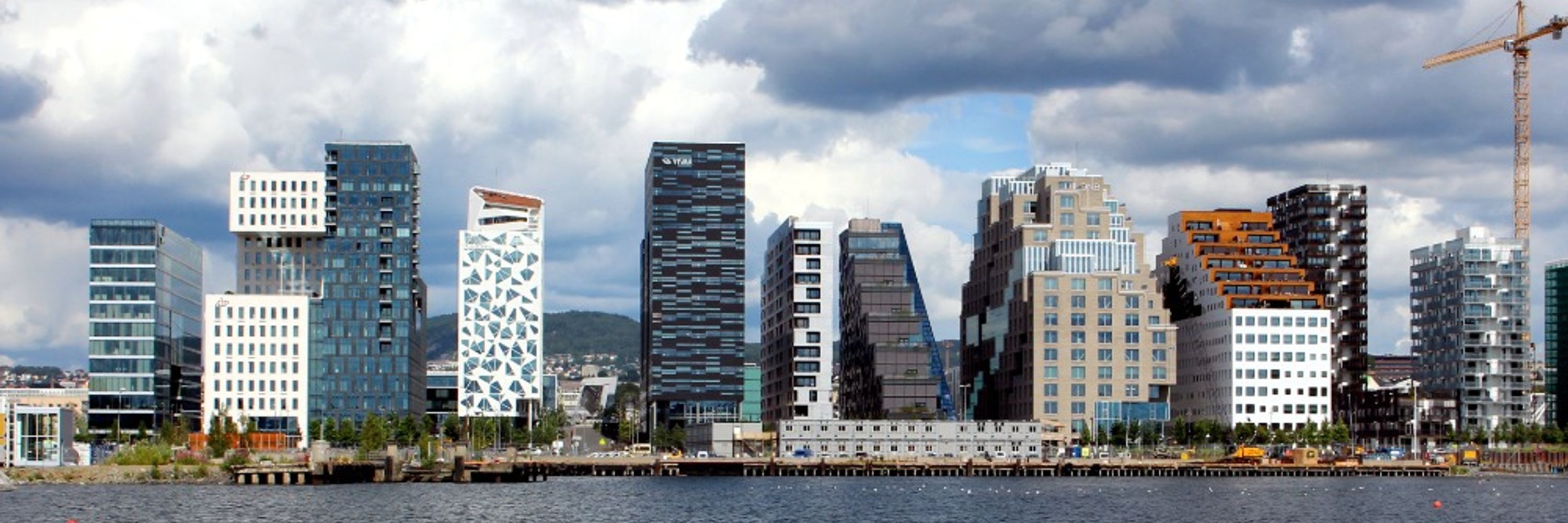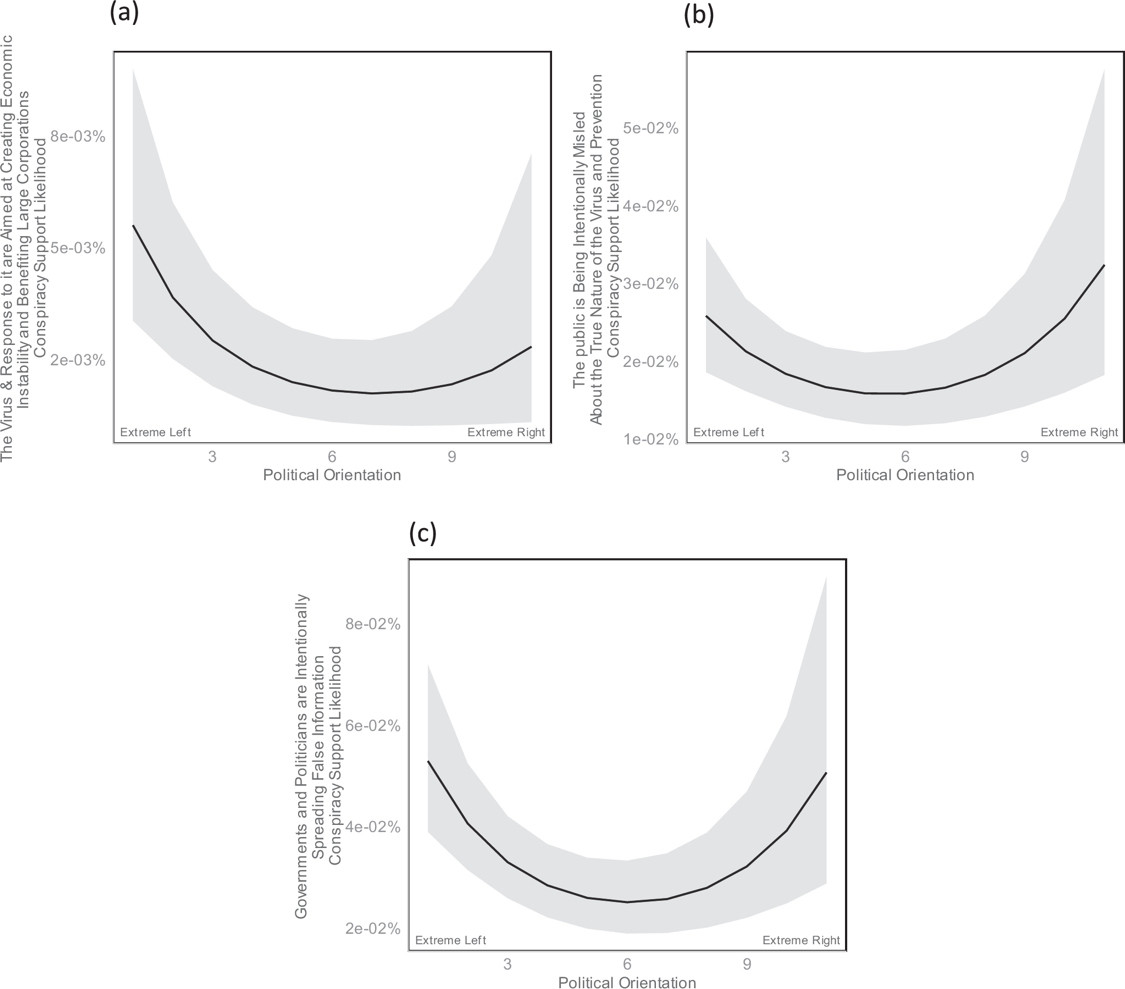
Congrats on a great PhD paper, Valentin!
A paper led by @kunstjonas.bsky.social using AI analysis of 7.7M tweets & surveys found that the best predictor of belief in COVID-19 disinformation was being politically extreme (far left or far right.) I think there may be a similar curves for uptake of different kinds of climate disinformation.

Our research opens new perspectives on reducing or preventing conspiracy beliefs by enhancing social connections during critical life phases and maintaining these connections over time. Strengthening social ties could counteract the loneliness that fosters such beliefs.
Thus, reverse causality is also possible (and indeed likely): engaging in conspiracy theories may lead to increased loneliness. As individuals adopt controversial beliefs, they may face social exclusion, which in turn exacerbates feelings of loneliness and isolation.
Lonely individuals often lack social feedback that might correct misconceptions, fostering the development of conspiracy beliefs. Once formed, these individuals may seek out like-minded groups, reinforcing their beliefs and further isolating them from mainstream perspectives.
Theories suggest loneliness erodes trust and increases social alienation, pushing individuals towards beliefs that resonate with their sense of isolation. Loneliness can also intensify perceptions of social threats, leading to ego-protective beliefs.
But findings remained robust when controlling for anxiety and depression at each of the five time points. So, why might loneliness lead to conspiracy beliefs?
Importantly, given the known links between mental health issues and conspiracy beliefs, it was crucial to ensure that the effects of loneliness were not confounded by mental health conditions.
Furthermore, our findings indicate that individuals who experienced increasing loneliness over time (the slope) reported a higher conspiracy mentality in mid-adulthood.
At the final time point in 2020, we also measured participants' conspiracy mentality. Our analysis reveals that loneliness during adolescence (the intercept) is predictive of stronger conspiracy theory beliefs nearly three decades later.
